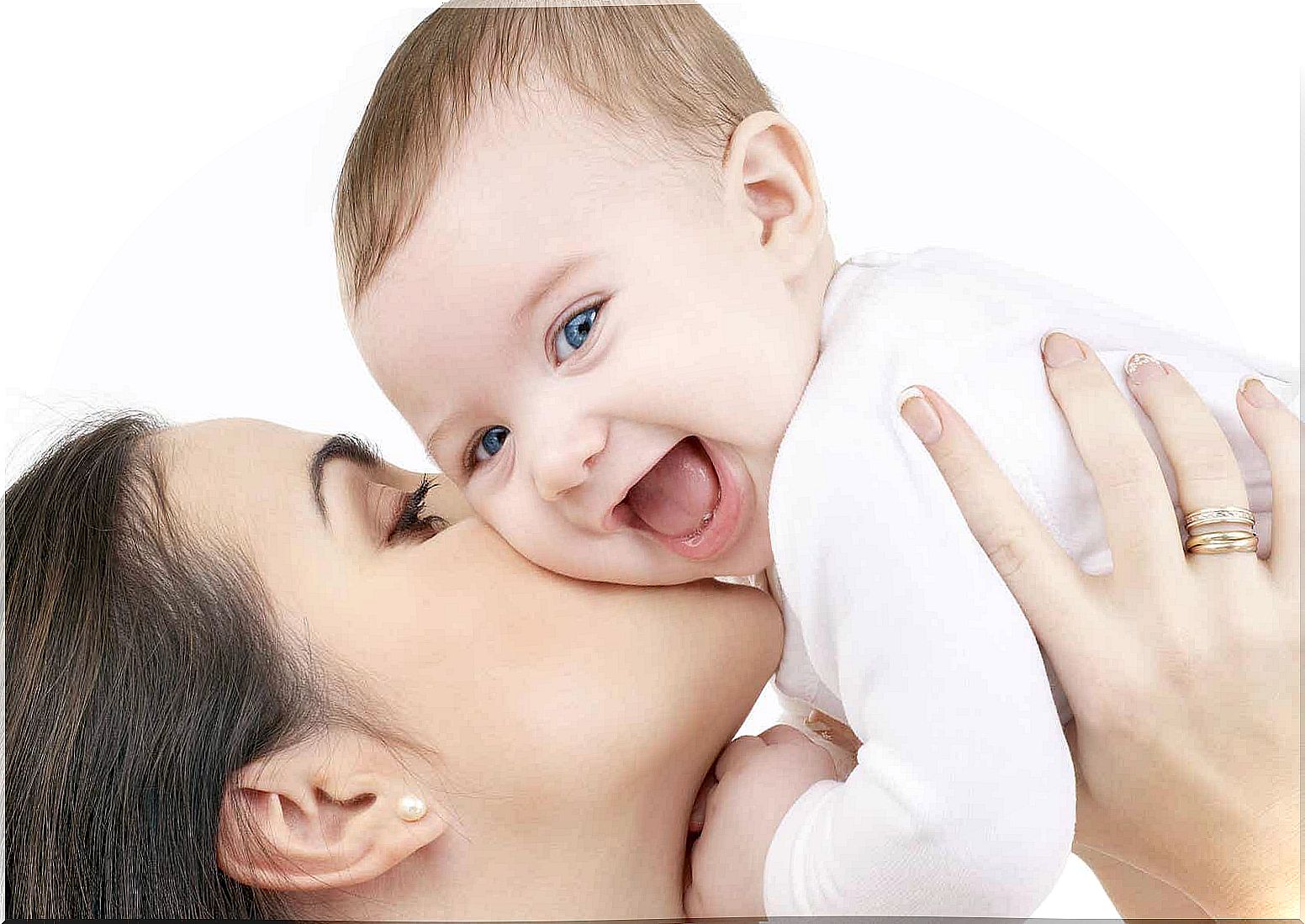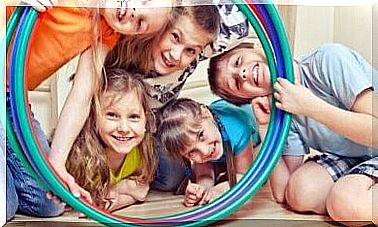Keys To Understanding Children’s Emotional Needs

Too often, as parents, we focus on our children’s intellectual and physical development, even though their emotional and social development is just as important, if not more so. Children need emotional stability to feel happy and secure, so it is imperative that parents learn to understand their children’s emotional needs. But what is this about more precisely?
Children need emotional stability to be able to learn new things. That young children experience emotional security is a prerequisite for further learning.
Keys to understanding a child’s emotional needs
Below we will explain what you as a parent need to know to understand your child’s emotional needs.

Children’s emotional need for safety and security
Children need to feel safe and secure to feel good and develop emotionally. Toddlers are completely dependent on their parents, but they must have the ability to explore their surroundings to learn. When they feel loved and safe, they have the courage to start discovering the world; that’s how they grow and learn. Children also learn best when their home life is predictable and secure.
Children’s emotional needs for routines
Children who have daily routines feel safer because their days are predictable. They experience security in knowing what to expect during each day. Their routines for sleeping, eating, swimming and other activities create a daily structure that provides security.
When there was no predictability during the day, they can easily become overwhelmed and restless. Their home then does not feel like a safe haven. Children who, on the other hand, follow routines at home also adapt much more easily to school routines and daily chores.
Children’s emotional need for discipline and consistency
Children need discipline to learn about socially acceptable behaviors and norms ; they must learn to live respectfully with others. The more they learn to deal with the outside world in appropriate ways, the better their self-confidence and the higher their motivation. It also gives them the ability to form better friendships and relationships.
Discipline should be fair and consistent so that children always know what you expect of them and where the boundaries go. Inconsistent or harsh discipline styles do not lead to children learning self-control and self-discipline, as these are based on fear.
Children need time to learn to take responsibility for their actions and the consequences that follow them. A fair and calm discipline style at home helps with this process.
Children’s emotional need for love
Unconditional love and a strong bond with the parents is absolutely necessary for a good foundation in life. Children need lots of hugs and kisses, and they need to know that they are loved. This gives them emotional security.
Children’s emotional need to be unique
To reach their full potential , children must be allowed to be themselves. They need a relaxed and safe environment in which they can develop their own talents and skills and become their own, independent individuals. Do not underestimate them, but do not force on them your personal unrealistic vision.

Children’s emotional need for acceptance, recognition and approval
When children receive unconditional love, it shows them that they are accepted just as they are. This builds self-confidence, which is the best gift you can give a child before its journey through school and education. Acceptance and approval should never be conditional if your child is to learn to feel worthy and valuable. These should be given automatically and not be related to their behavior.
Learn to praise your children constructively and reaffirm their actions and efforts. This will be a strong motivating factor for them – your children need positive words for them to do well in life!
Milestones in emotional development
We will also address some typical emotional and social milestones that children reach at different ages:
Three months
- Begins to smile between four and eight weeks
- Likes spending time with parents
- Do not want to be alone
- Responds with your eyes when you talk to them
Four months
- Recognizes people and shows elation when they see them
- Have bored alone
- Laughing loud
Five to six months
- Likes the mirror but does not recognize its mirror image
- Smile with people they have an emotional bond with
- Likes to hear familiar voices
- Caresses or pulls at the hair of the one holding them
Seven to twelve months
- Like some people more than others
- Want to be with their parents caregivers all the time
- Get angry if you leave them alone
- Are afraid of places or people they do not know
Twelve to eighteen months
- Likes to make people laugh
- Can express joy and frustration
- Likes other children but can not play with them
- May show jealousy
- Begins to imitate others at 18 months of age
Two years
- Likes to play with others, but not to share toys
- Draws attention to itself through its behavior
- Can sometimes hit or bite to get others to react
- Exercising his will; have their first tantrums
- Transitions from being an infant to becoming a toddler
Three years
- Is egocentric and sees things from his own perspective
- The “I” stage begins
- Can’t wait for my turn
- Reacts to your feelings
- Can do small chores at home
- Acts possessively on things
- Shows empathy
- Can play symbolic games
- May have pretend buddies
- Choose their friends

Four years
- Make a difference between yourself and others
- Mixes reality with imagination and vice versa
- Their behavior can attract attention
- May be prone to competition
- Has basic social skills
Five to six years
- Friendships become stable
- Likes to decide
- Trying to put forward proposals and learn the value of compromise and negotiation
- Needs approval from his friends
- Enjoys competing
- Likes to brag about things
- Learn about the consequences of their actions
- Still find it difficult to take responsibility for their actions
Why do children need to develop emotional skills?
Children who have well-developed emotional skills have:
- Better health
- Less stress
- Better relationships with friends
- Better behavior
- A positive attitude
- Minor conflicts with siblings and parents
- More self-confidence
- Better results in school
- More motivation
- Self-esteem and acceptance
- Good communication skills
- The ability to make decisions
- Less impact of peer pressure
These are some important keys to understanding your children’s emotional needs. If you remember these, you will be much easier to take care of your children’s feelings. It will help them grow up on both an inner and an outer plane, in an environment where they feel loved and seen.









